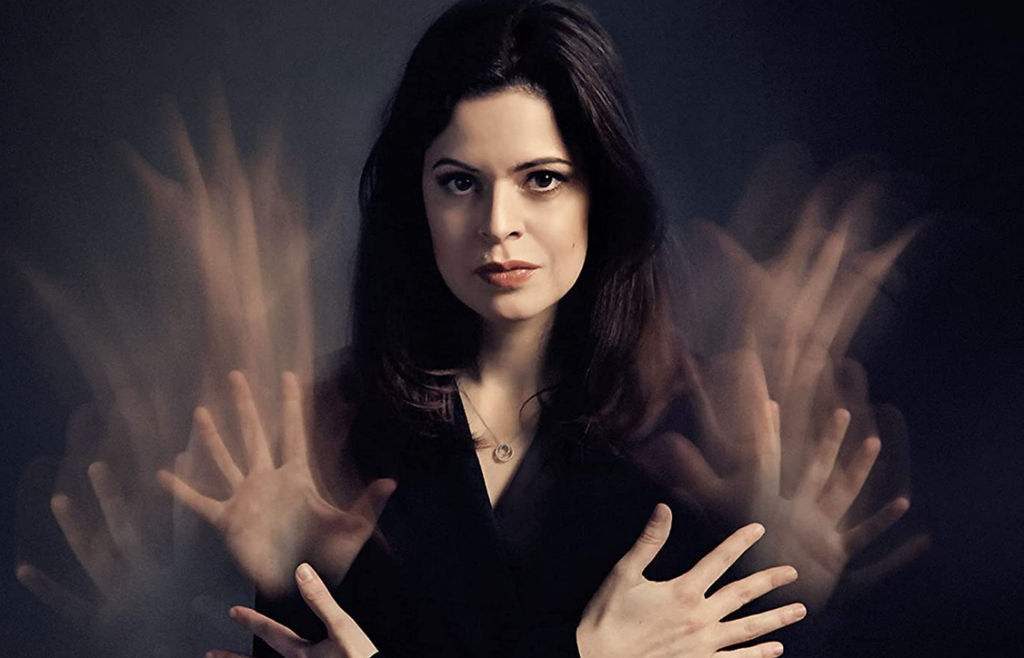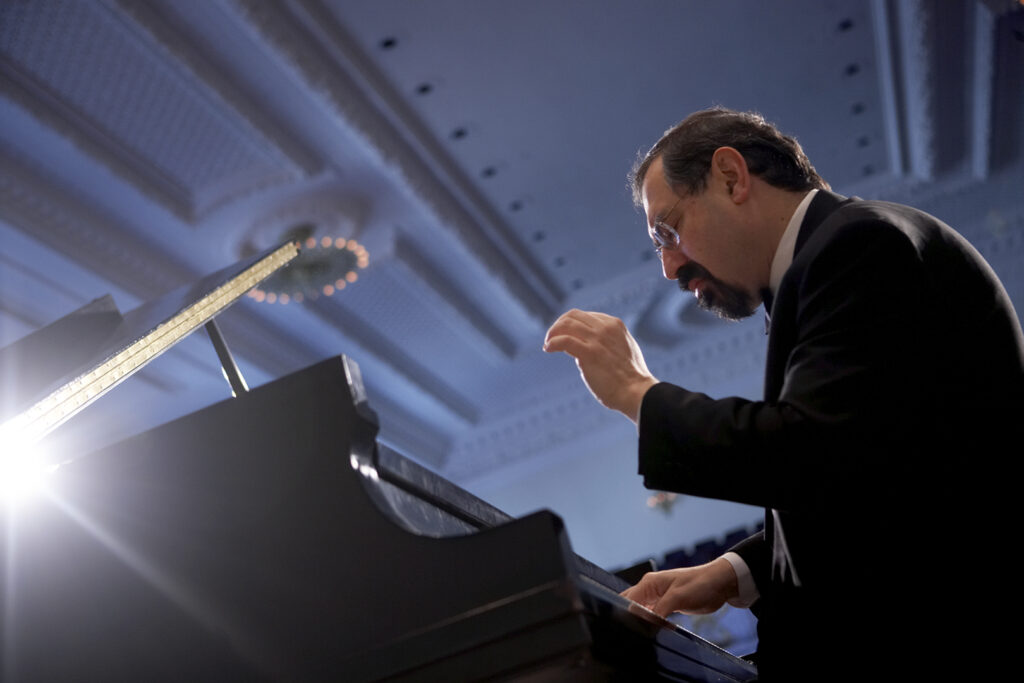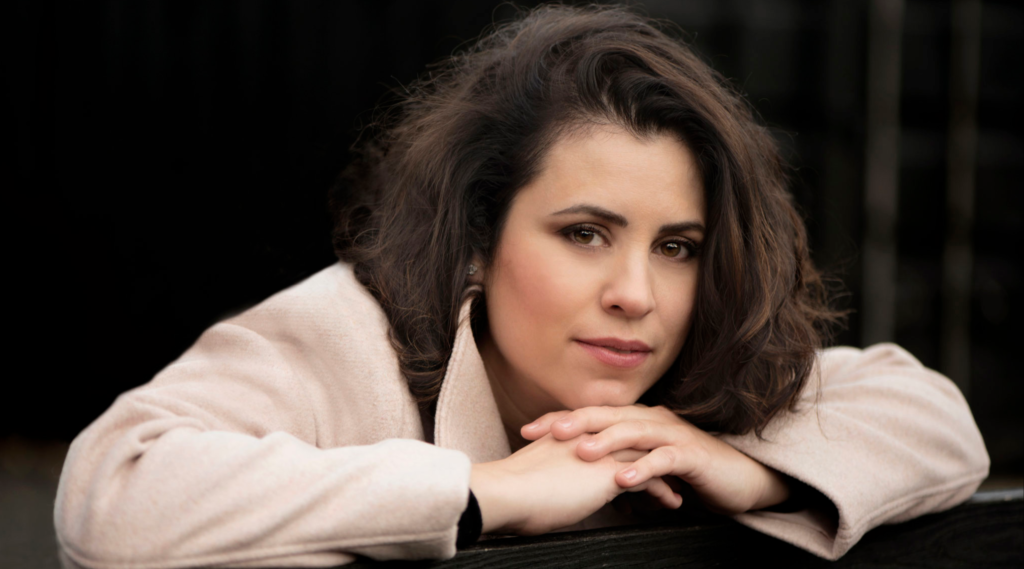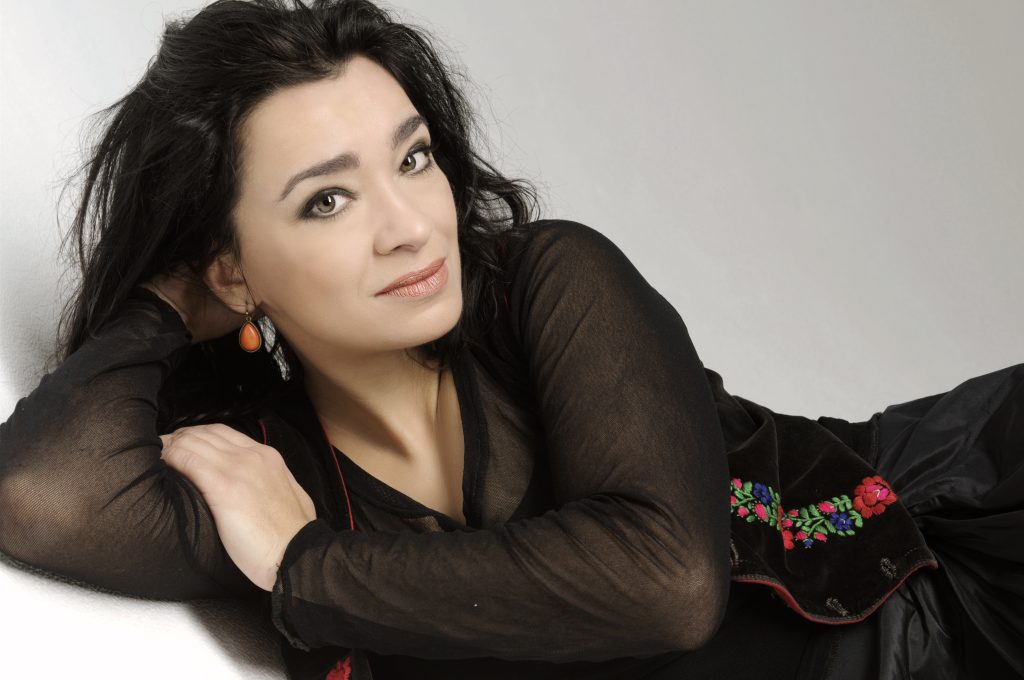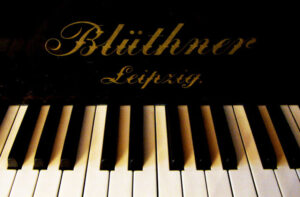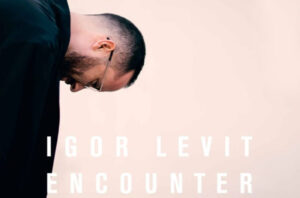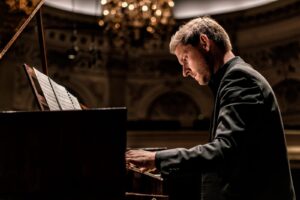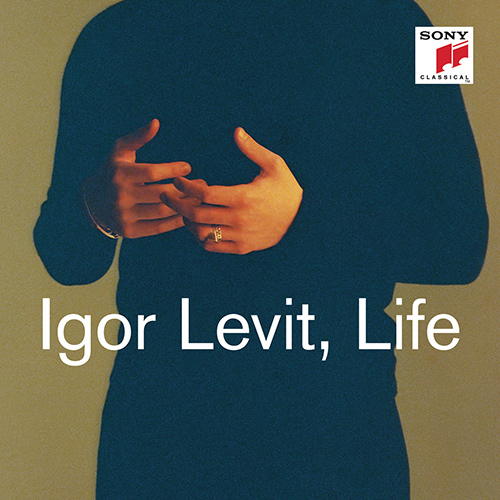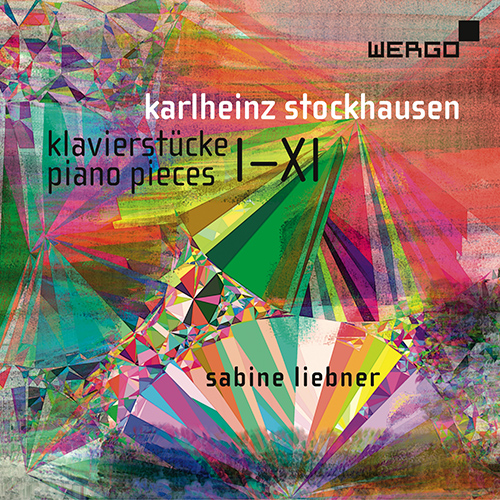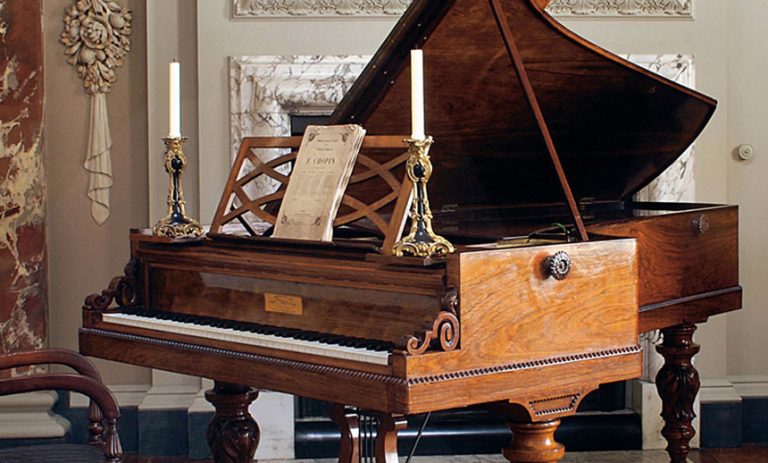Mozart & Scriabin – Perfect as a Crystal
On her debut album for the Naïve label, the Russian pianist Zlata Chochieva risks an unusual coupling: piano pieces by Mozart and Scriabin. In an interview, German magazine Pianist asked her what connects the two composers. – Ms Chochieva, on your new album you combine piano works by Scriabin with pieces by Mozart. How did you come up with this […]
Variations on Nostalgia – Boris Berman Plays Brahms and Silvestrov
In recent months, the 85-year-old Ukrainian composer Valentin Silvestrov has received the world’s attention more than ever due to the ongoing war. Silvestrov’s piano music covers more than half a century, and it would be hard to find a better proponent for it than the composer’s longtime friend Boris Berman, whose coming album offers a panorama of the composer’s evolution. […]
Debussy’s Magical Sounds
Esther Birringer has always been inspired by Debussy’s magical sounds and his extraordinary power to evoke dreamy atmospheres that allow you to escape time and space. Her new album contrasts rarely played works such as the Ballade, the Nocturne, and the brilliant Masques with some of Debussy’s most popular pieces. Do you remember when and how your fascination with Debussy […]
Breaking the Goldberg Wall – Interview with Klára Würtz
Klára Würtz has lived with The Goldberg Variations in the back of her head for years but never took the step putting it on her repertoire. But a combination of the pandemic along with an eye-opening musician colleauge’s organ version recording made her change her mind. Piano Street talked to Würtz about this monumental work and what inspired her decide […]
Hommage and Collaboration – Prosseda Plays Morricone
There are few names more synonymous with the sound of cinema than Ennio Morricone. The cultural titan was so prolific that nobody can say for certain how many film scores he actually wrote, but we have talked to a man who has played and recorded all of Morricone’s compositions for solo piano. Italian pianist Roberto Prosseda’s release of the late […]
Andras Schiff, Brahms and the Question of Tradition
Much attention and mention is given Sir Andras Schiff’s latest remarkable recording of both Brahms’ piano concertos with the Orchestra of the Age of Enlightenment. Schiff’s choice of instrument is a Blüthner grand piano built in Leipzig around 1859, the year in which the first D minor concerto was premiered. Schiff has changed foot in his views on period instruments […]
Igor Levit – Reaching Out, Looking Inwards
On “Encounter”, Igor Levit has recorded a selection of the pieces he played in his spontaneous, live-streamed performances during this spring’s lockdown. The result is an album marked by a desire for human and spiritual love and togetherness. When all live performances were cancelled, Igor Levit decided to take matters into his own hands: he started streaming recitals from his […]
Ten Days, Five Concertos – Bezuidenhout’s Beethoven Challenge
Kristian Bezuidenhout, Pablo Heras-Casado and the Freiburger Barockorchester have made an exciting period-instrument trilogy of Beethoven’s Piano Concertos that looks likely to become a landmark recording. All five concertos were recorded during an intense ten-day session. The idea was born during Bezuidenhout’s tour with the Freiburg Orchestra in 2015, playing Beethoven’s C minor concerto . At some point it was […]
Claire Huangci’s Complete Perspective: The Rachmaninoff Preludes
Pianist Claire Huangci, winner of the Geza Anda Competition 2018, just played in New York celebrating the launch of her new Rachmaninoff Preludes album on Berlin Classics. Like her complete Chopin Nocturnes album before that – for the same label – the complete Rachmaninoff 24 Preludes has been received with great acclaim internationally. Piano Street asked the ever touring pianist […]
Igor Levit’s Eternal Transcendence: “Life”
Igor Levit’s acclaimed album “Life” has attracted a lot of attention and its selected works have also been included in Levit’s recent recital programs worldwide. This is a profound, versatile and firm reaction to the death and loss of his best friend reflecting inner calm elaborating on an existential level. The double CD album was recorded during spring 2018 in […]
Ear-opening Explorations: Sabine Liebner plays Stockhausen’s Solo Piano Music
Sabine Liebner’s unfaltering decision to only play music to which she feels an inner affinity has led to her being primarily active as an interpreter of new music. She has premiered many works by contemporary composers and made important contributions performing and recording the music of 20th century composers like John Cage, Morton Feldman and Galina Ustvolskaya. For Liebner, music […]
The Pleyel Piano: A Key to Genuine Chopin Sound?
Hubert Rutkowski’s new CD is a portrait not only of Chopin, but of the composer’s favourite instrument: Rutkowski plays a Pleyel piano from 1847. In his search for a genuine Chopin/Pleyel sound he has also turned to historical recordings of Raul Koczalski and Moritz Rosenthal, students of Karol Mikuli, who was in turn a student of Chopin himself. Songful and […]
